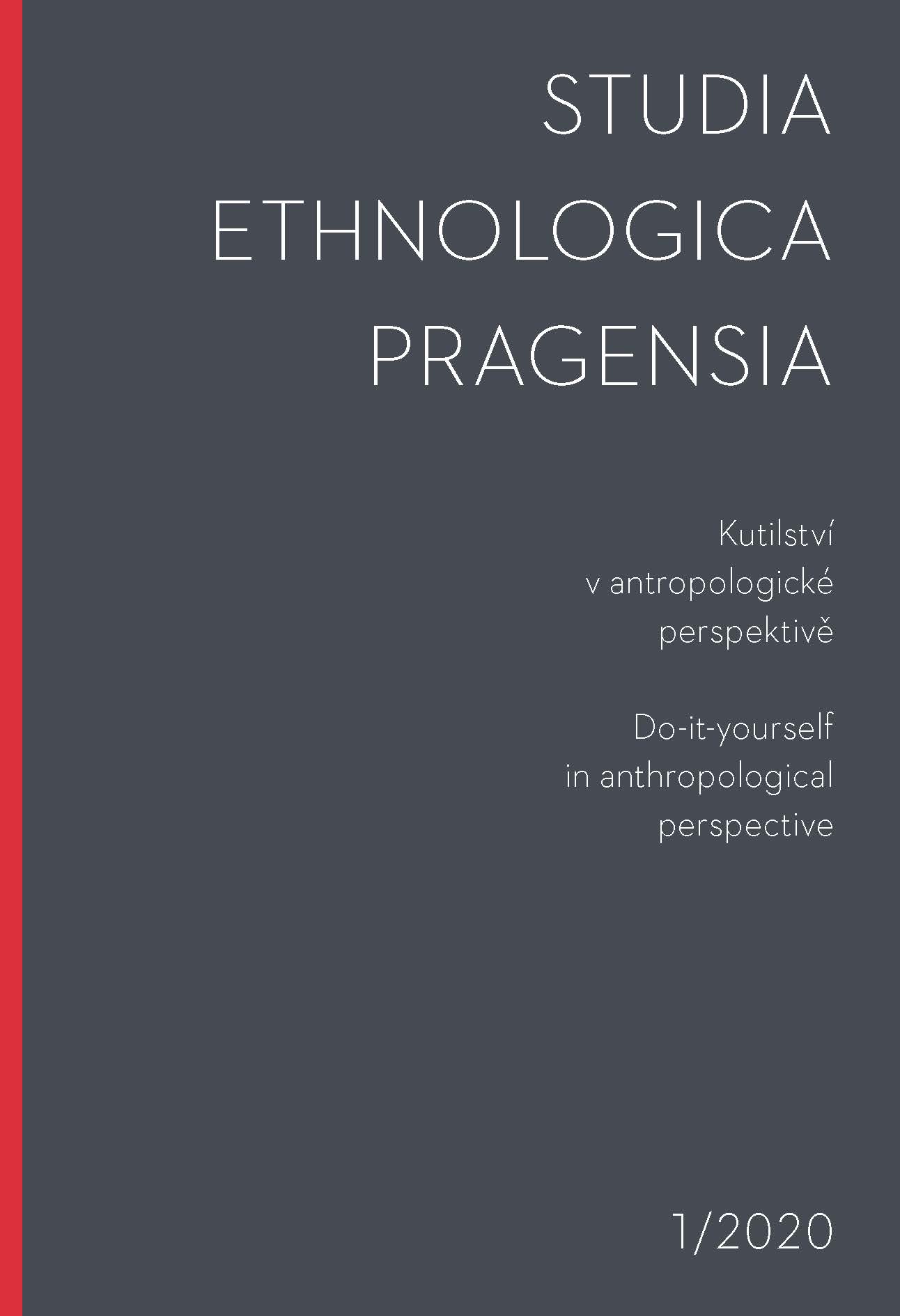Vašát, Petr. 2020. „The politics of the makeshift city: materiality, symbolic boundaries, and social relations in squatter settlements in Latin America (Interview with María José Álvarez Rivadulla)“. Studia Ethnologica Pragensia 1: 101-109. Available from: https://dspace.cuni.cz/bitstream/handle/20.500.11956/123141/Petr_Vasat_101-109.pdf?sequence=1&isAllowed=y
Petr Vašát (PV): Maria, first of all, thank you for meeting with me. For our interview, I have prepared questions spanning from informal urbanism to building techniques to politics. Some of these questions are more related to research, while some are more about urban development. However, let’s start with your beginnings. I have discovered that you started to study informal urbanism in Montevideo in the 90s, 1997 to be exact, which is a pretty long time ago. So, how did it all begin? Why did you start studying informal urbanism?
Authors
Department
Topics
Housing, Economy, Globalization, City and Village, Migration and Mobility, Regions, Social Inequalities
